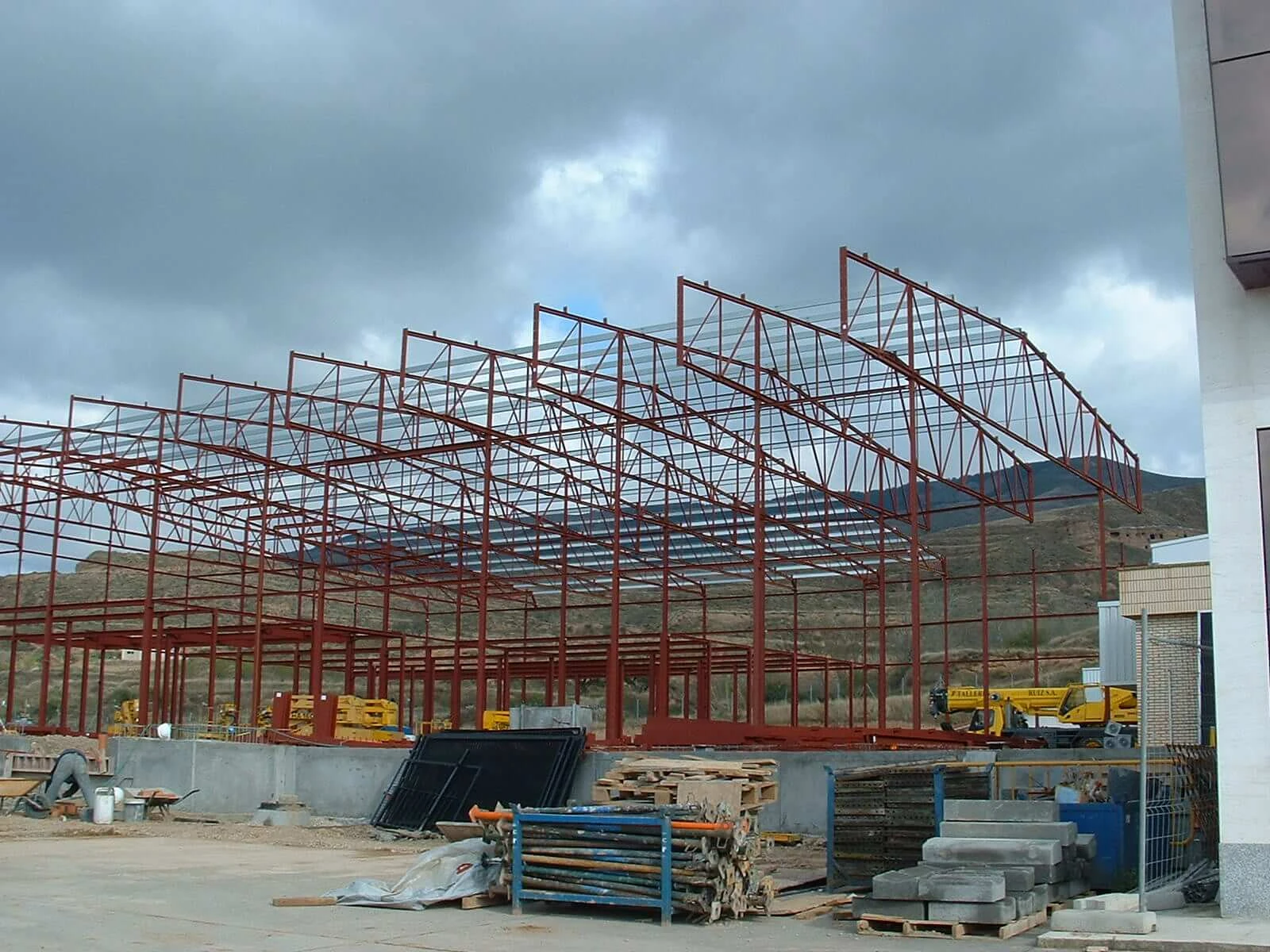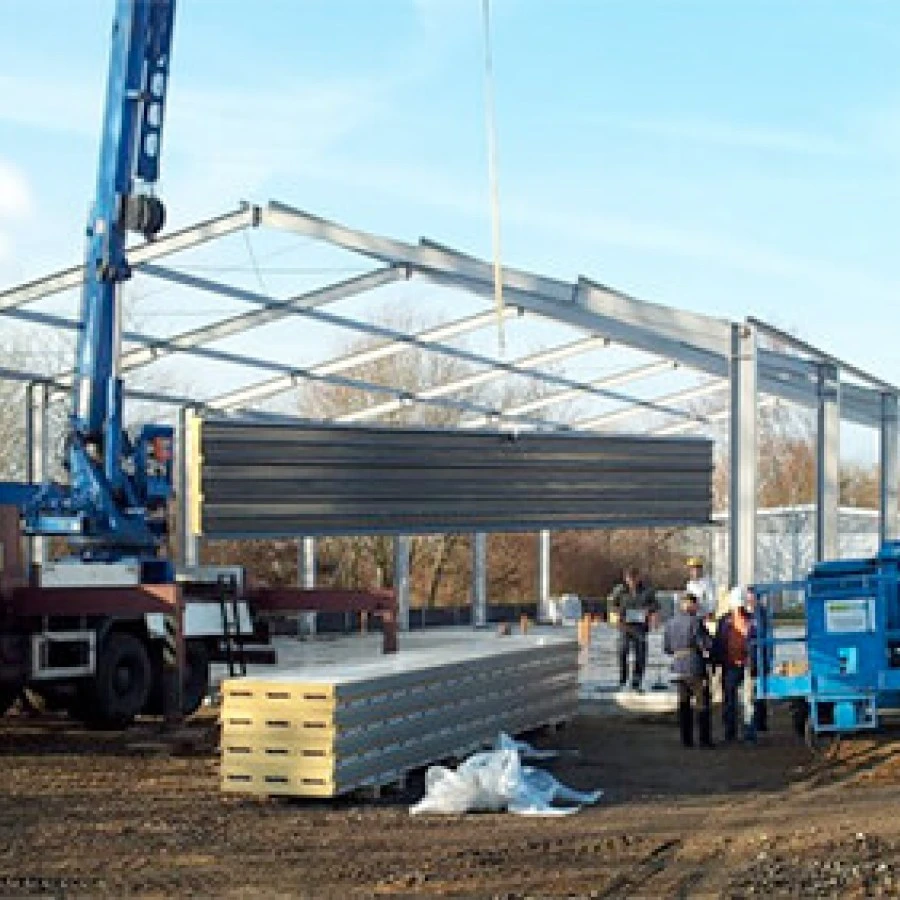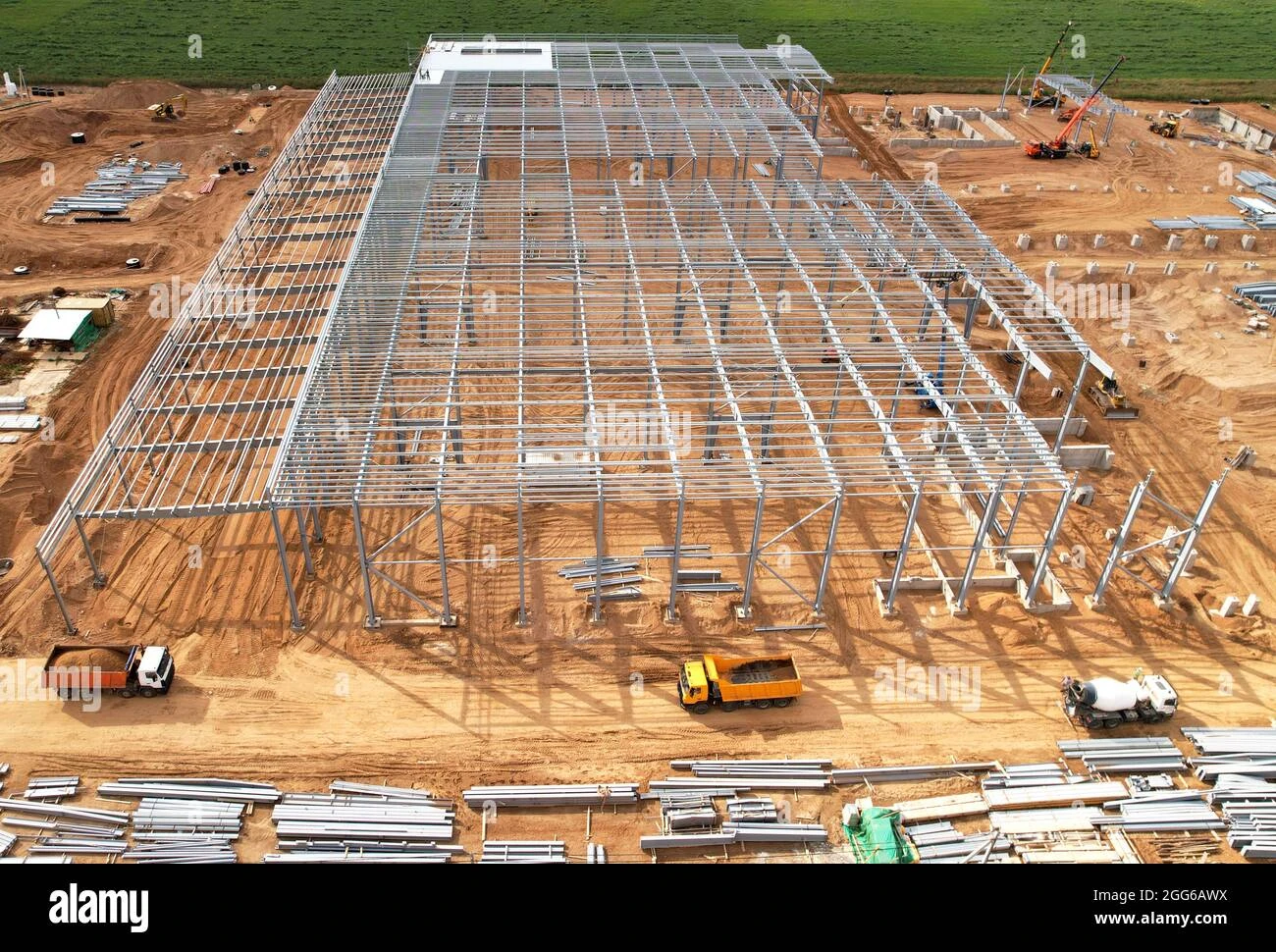- Afrikaans
- Albanian
- Amharic
- Arabic
- Armenian
- Azerbaijani
- Basque
- Belarusian
- Bengali
- Bosnian
- Bulgarian
- Catalan
- Cebuano
- Corsican
- Croatian
- Czech
- Danish
- Dutch
- English
- Esperanto
- Estonian
- Finnish
- French
- Frisian
- Galician
- Georgian
- German
- Greek
- Gujarati
- Haitian Creole
- hausa
- hawaiian
- Hebrew
- Hindi
- Miao
- Hungarian
- Icelandic
- igbo
- Indonesian
- irish
- Italian
- Japanese
- Javanese
- Kannada
- kazakh
- Khmer
- Rwandese
- Korean
- Kurdish
- Kyrgyz
- Lao
- Latin
- Latvian
- Lithuanian
- Luxembourgish
- Macedonian
- Malgashi
- Malay
- Malayalam
- Maltese
- Maori
- Marathi
- Mongolian
- Myanmar
- Nepali
- Norwegian
- Norwegian
- Occitan
- Pashto
- Persian
- Polish
- Portuguese
- Punjabi
- Romanian
- Russian
- Samoan
- Scottish Gaelic
- Serbian
- Sesotho
- Shona
- Sindhi
- Sinhala
- Slovak
- Slovenian
- Somali
- Spanish
- Sundanese
- Swahili
- Swedish
- Tagalog
- Tajik
- Tamil
- Tatar
- Telugu
- Thai
- Turkish
- Turkmen
- Ukrainian
- Urdu
- Uighur
- Uzbek
- Vietnamese
- Welsh
- Bantu
- Yiddish
- Yoruba
- Zulu
دسامبر . 04, 2024 10:36 Back to list
Exploring Modular Workshop Buildings A Modern Solution for Flexible Workspaces
In today’s fast-paced world, businesses consistently seek innovative solutions to maximize efficiency and adaptability. One such solution has emerged in the form of modular workshop buildings. These structures are gaining popularity due to their flexibility, cost-effectiveness, and rapid construction capabilities. This article delves into the characteristics, benefits, and potential applications of modular workshop buildings, highlighting why they are increasingly becoming a preferred choice for entrepreneurs and enterprises alike.
What are Modular Workshop Buildings?
Modular workshop buildings are pre-fabricated structures produced in sections or modules, which are then transported to the desired site for assembly. This construction method differs from traditional building practices that rely on on-site construction, allowing for a quicker build time and reduced labor costs. Modular buildings can be customized to suit specific needs, whether for manufacturing, crafts, or technology-based workshops.
The modular approach allows for a variety of designs and layouts, which can include workspaces, storage areas, and other essential facilities. Manufacturers often utilize high-quality materials that provide durability and aesthetic appeal, ensuring that the workshop is not only functional but also visually pleasing.
Advantages of Modular Workshop Buildings
One of the most significant advantages of modular workshop buildings is their rapid construction timeline. Traditional construction methods can stretch over months or even years; however, modular buildings can be prepared and assembled in a fraction of that time. This speed allows businesses to start operations sooner, which is particularly beneficial for startups needing to establish themselves in competitive markets.
Furthermore, modular workshop buildings are often more cost-effective than traditional construction. The reduction in labor costs, combined with streamlined production processes, leads to overall savings that can be reinvested into the business. Moreover, since these buildings can be designed to be energy-efficient, they may result in lower utility costs over time, further enhancing their financial viability.
modular workshop buildings

Flexibility is another key benefit. As businesses evolve and change, so too can their workspaces. Modular buildings offer the ability to reconfigure, expand, or even relocate as operations grow or shift. This adaptability is particularly advantageous for industries that experience fluctuating demands.
Applications of Modular Workshop Buildings
Modular workshop buildings cater to a range of industries and trades. Small businesses specializing in crafts, woodworking, or light manufacturing often utilize modular structures to create conducive working environments. They can also serve as training facilities for vocational programs or as community workshops, fostering skill development among local residents.
Additionally, the gig economy and the rise of remote work have increased the demand for flexible workspaces. Modular workshops can easily be transformed into collaborative spaces for freelancers, artists, or small teams needing a creative atmosphere without the long-term commitment of traditional office leases.
Sustainability and Future Perspectives
Another point to consider is the sustainability aspect of modular construction. Many manufacturers emphasize environmentally friendly materials and practices, reducing the carbon footprint of the buildings. This aligns with the growing demand for sustainable practices across various sectors, making modular workshops an eco-conscious choice for businesses.
In summary, modular workshop buildings represent a modern and innovative approach to workspace design. Their numerous advantages—such as rapid construction, cost-effectiveness, flexibility, and sustainability—make them ideal for a variety of applications. As businesses increasingly look for efficient ways to adapt to changing demands, the modular construction industry is likely to witness significant growth in the coming years, offering exciting possibilities for entrepreneurs and established enterprises alike.
-
Cold Formed Steel Residential Framing
NewsMay.21,2025
-
Innovative Steel Structure Building Solutions
NewsMay.19,2025
-
Innovative Prefab Metal Shed Solutions
NewsMay.19,2025
-
Durable Steel Horse Shelter Solutions
NewsMay.19,2025
-
Durable Metal Shed Solutions
NewsMay.19,2025
-
Durable Big Metal Shed Solutions
NewsMay.19,2025
Products categories
Our Latest News
We have a professional design team and an excellent production and construction team.












